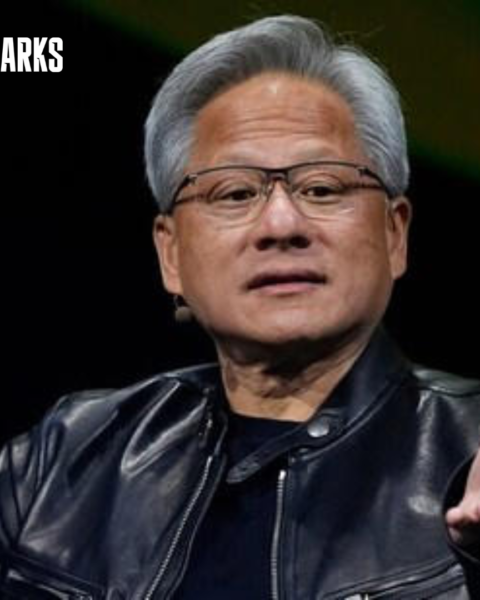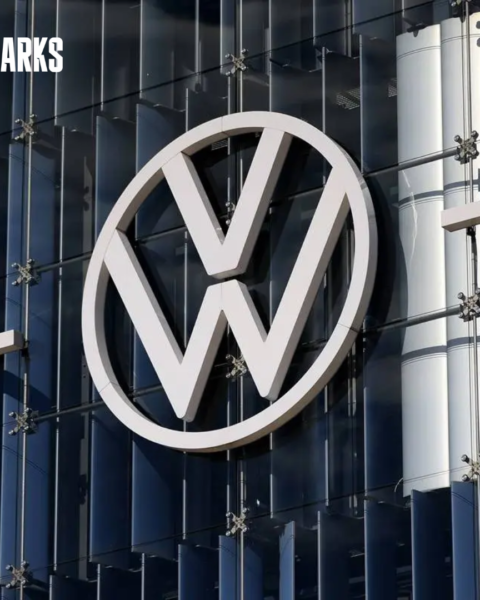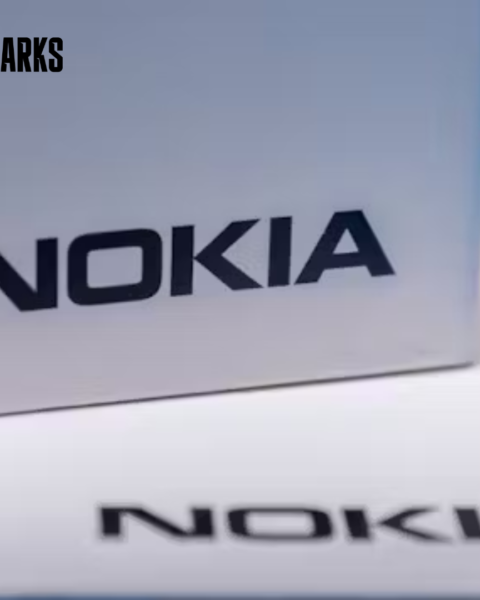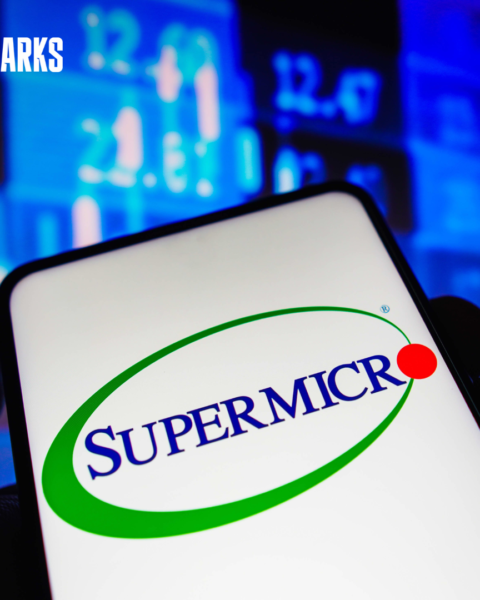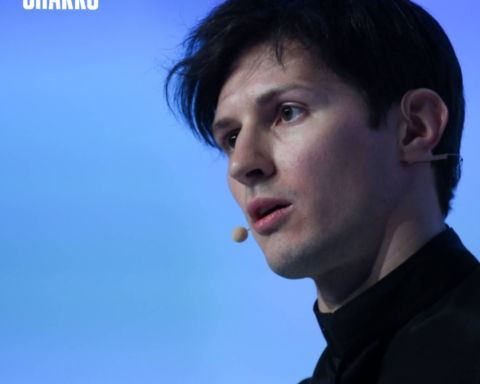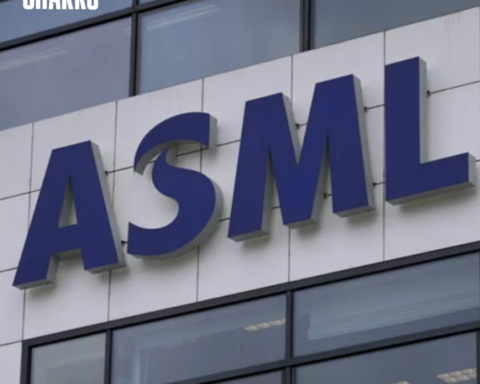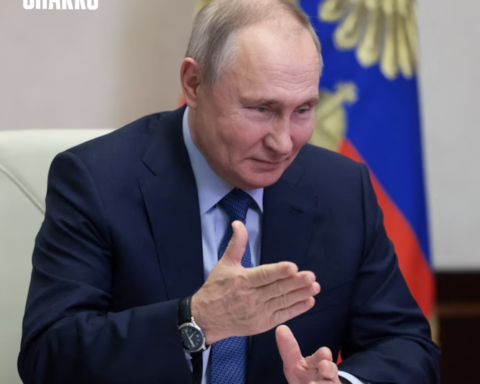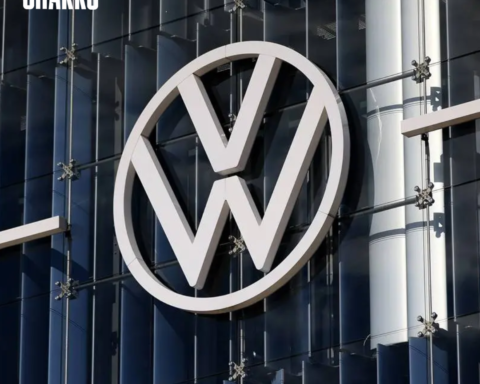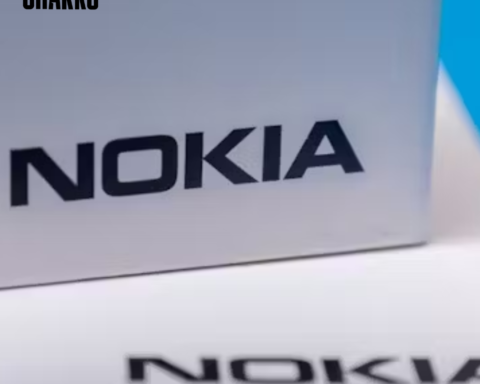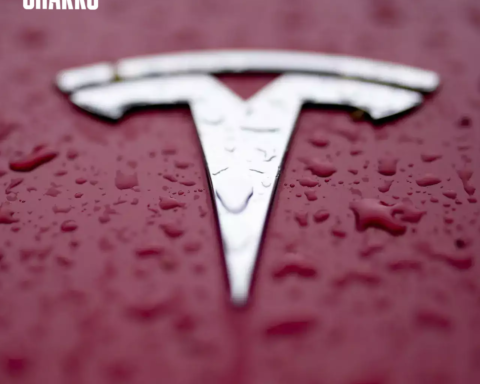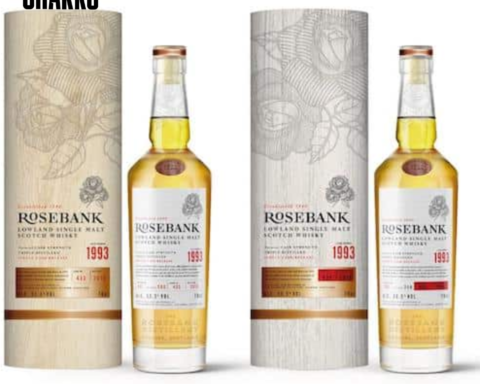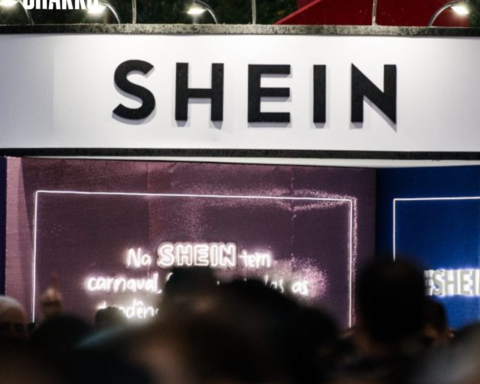EU Governments Divided on Imposing Tariffs on China-Built EV
In a non-binding statement, EU governments expressed differing opinions on the merits of EU taxes on imports of Chinese-built electric vehicles.
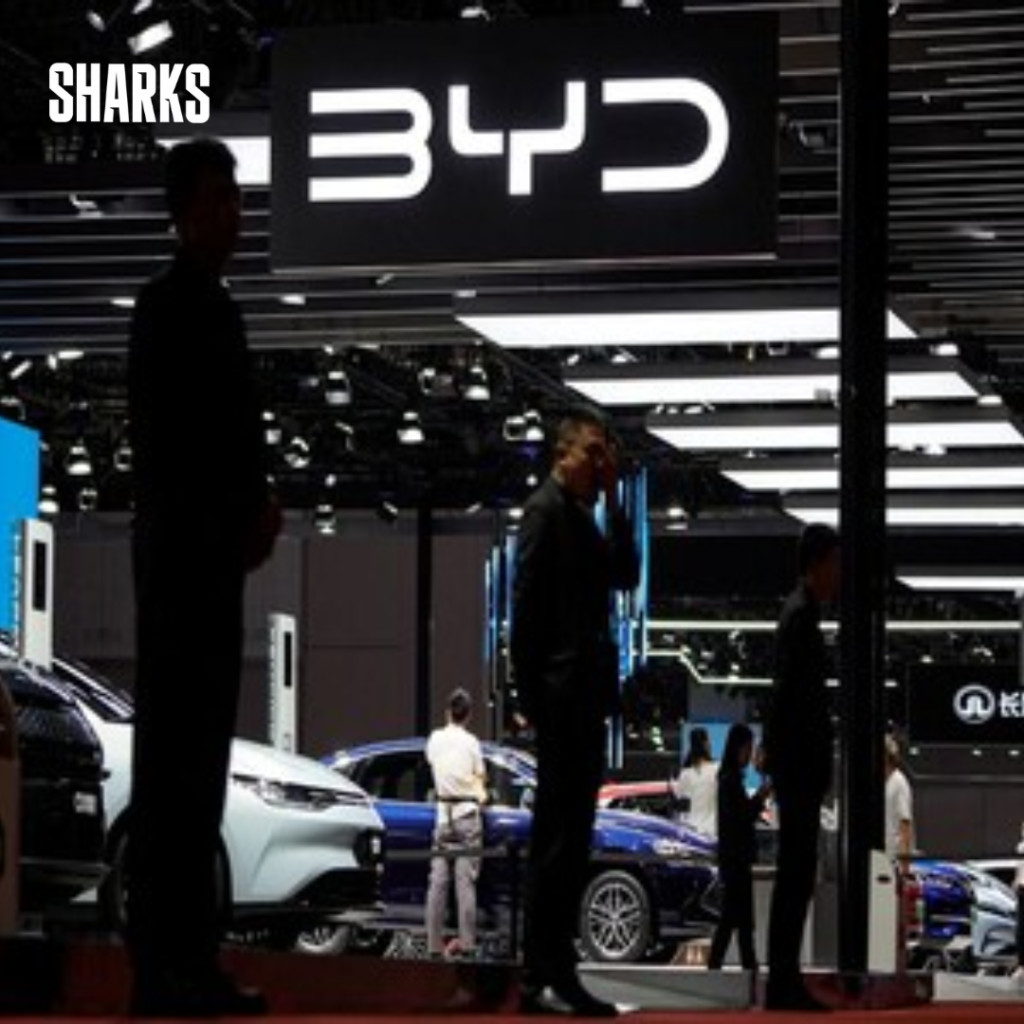
Sources with knowledge of the vote said on Tuesday that European Union (EU) governments displayed divided views on the merits of EU tariffs on imports of China-built electric vehicles in a non-binding but influential vote.
The European Commission, overseeing the bloc’s trade policy, has set provisional duties of up to 37.6% on EVs imported from China to counter what it claims are unfair subsidies and has canvassed EU member views in an advisory vote.
Voting Results:
According to sources, a dozen EU members voted in support of the tariffs, four voted against, and 11 abstained. The Commission must consider these views when deciding whether to comply with definitive duties regarding the EU’s highest-profile trade case.
Should the Commission advocate for duties at the end of its investigation, a binding vote among EU members will be required. The duties would be imposed unless a qualified majority of 15 member countries representing 65% of the EU population vote against them. If the advisory vote pattern is repeated, definitive duties, typically applicable for five years, would enter force.
Member States’ Concerns:
The significant number of abstentions reflects uncertainty among many EU members. While they acknowledge the Commission’s arguments for fair trade, they are also cautious of the potential for a trade war with China. Beijing has threatened wide-ranging retaliation.
German carmakers, who made a third of their sales in China last year, have urged the EU to drop the tariffs. These duties would apply not only to Chinese producers such as BYD, Geely, and SAIC but also to China-built cars by Western automakers like Tesla and BMW.
National Positions:
In the vote, France, Italy, and Spain supported the tariffs, while Germany, Finland, and Sweden abstained.
A German source described its abstention as “critical solidarity” with the Commission. Finland doubts whether the tariffs were in the EU’s best interests, considering that not all European car manufacturers favored the measures.
Swedish trade minister Johan Forssell emphasized the importance of dialogue between the Commission and China in finding a solution.
Ongoing Investigation and Potential Compromises:
The Commission will continue its investigation for another three months. According to sources, in a sign of compromise, the European Commission may consider a lower tariff for BMW’s China-made electric Mini and Volkswagen’s Cupra Tavascan.
Share This
Tony Boyce is a seasoned journalist and editor at Sharks Magazine, where his expertise in business and startups journalism shines through his compelling storytelling and in-depth analysis. With 12 years of experience navigating the intricate world of entrepreneurship and business news, Tony has become a trusted voice for readers seeking insights into the latest trends, strategies, and success stories.

